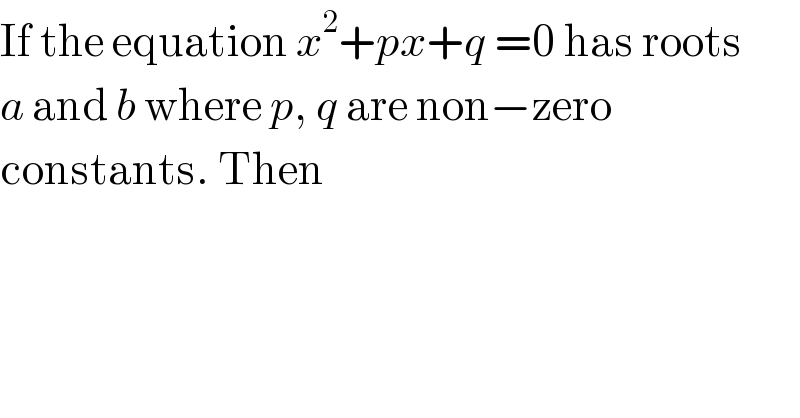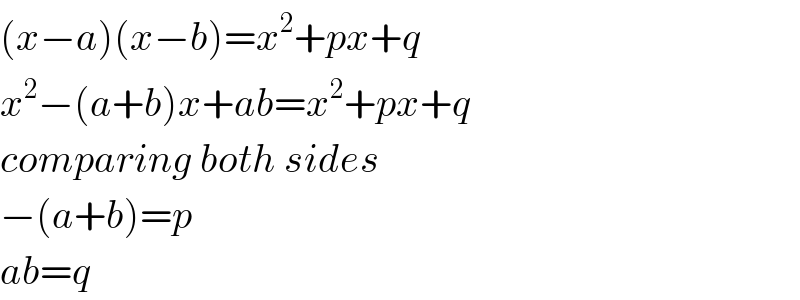
Question and Answers Forum
Question Number 47301 by myear last updated on 08/Nov/18

Answered by Kunal12588 last updated on 08/Nov/18

| ||
Question and Answers Forum | ||
Question Number 47301 by myear last updated on 08/Nov/18 | ||
 | ||
Answered by Kunal12588 last updated on 08/Nov/18 | ||
 | ||
| ||